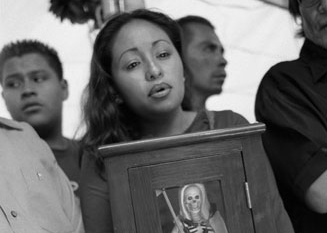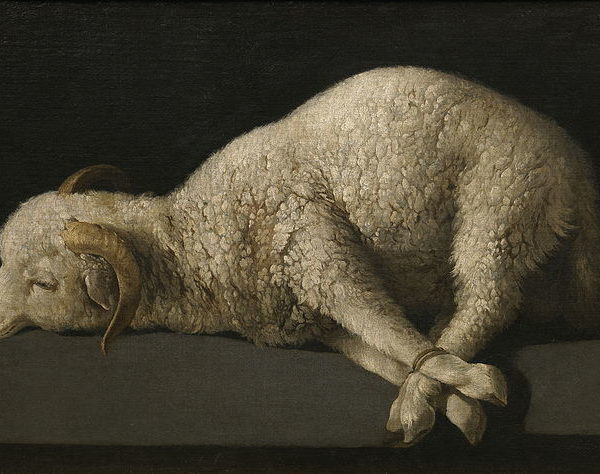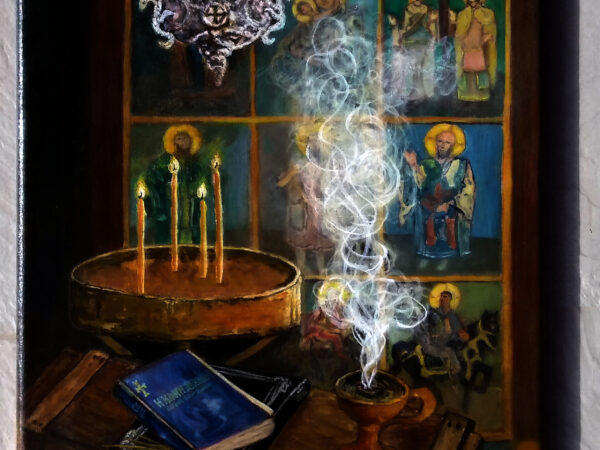
The primacy of the inner type of freedom can produce a withdrawal from the world or an attitude of passivity towards its frustrating circumstances, particularly when the believer searches for real freedom exclusively inside the self irrespective of the conditions that exist in the broader socio-political environment.

Jesus’s followers seek a “prophet” who serves human desires for control and vengeance: the power his followers think is essential in order to defeat their human oppressors. They forget that the prophet only ever serves the Divine will, which has a vision wider than the cosmos, concerned with re-establishing the harmony that was written into the fabric of creation from its very beginning.
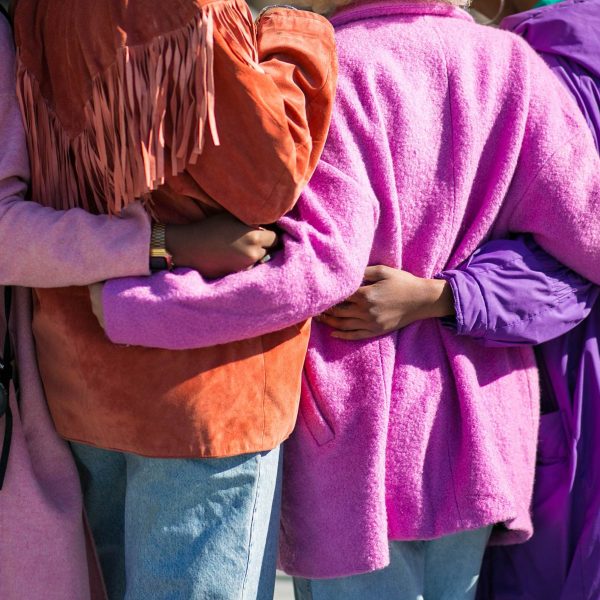
The tendencies of any group of human beings to normalize power and hide harm are themselves, then, subject to the process Matthew’s gospel is describing. The frankness of communication, of subsidiarity mediation and conflict negotiation, the expectation of honest and mutual accountability described here should also be applied, as healthily and faithfully as possible, to the workings of authority, relationship, and power system within the community.

Political theology describes a field of research that focuses on the interaction of religion and politics while appreciating the richness of religious traditions as they relate to the foundations of political issues.
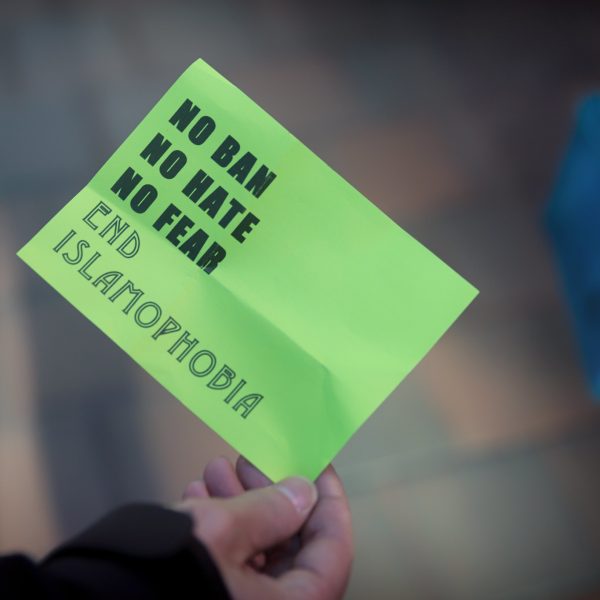
Without a sustained focus on material inequalities and repressive state power, the conversation on Islamophobia too easily slips into a mealy-mouthed appeal to diversity and tolerance.

The core of the Christian message, that Jesus liberates us from oppression and demonstrates a means of non-violent resistance to evil through his example, is not often portrayed in Hollywood. More often than not, force is met with force, violence with violence. In blockbuster films, explosions, car-chases, and raw spectacles of destruction predominate, and for good reason—violence sells.



